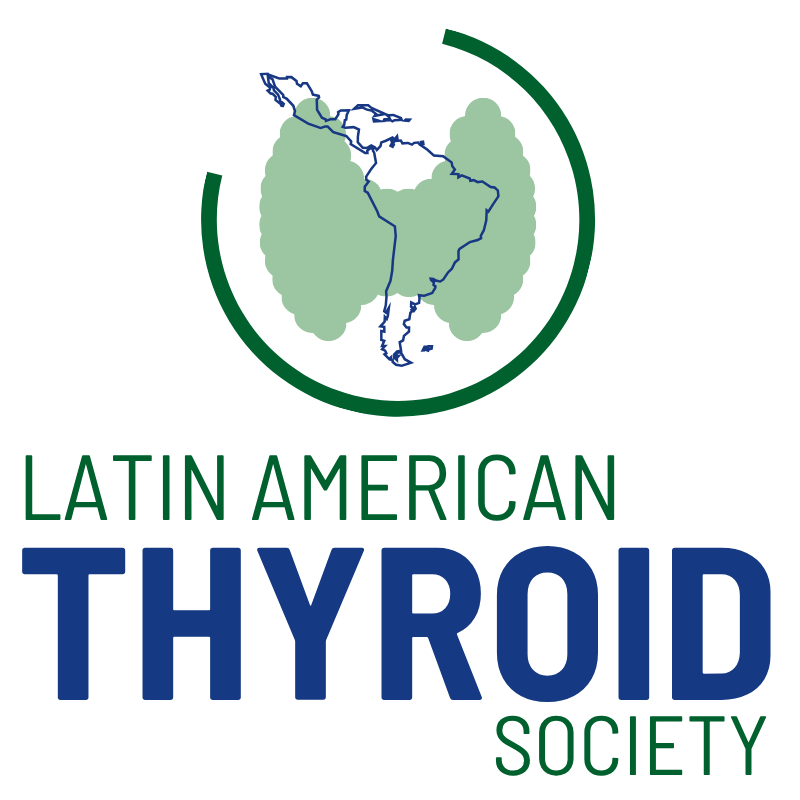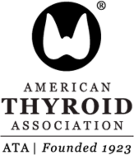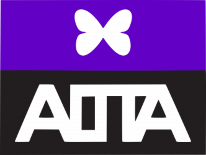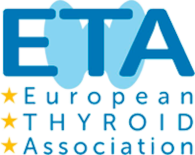Latin American Thyroid Society position statement about thyroid disorders and coronavirus infectious disease (COVID-19)

The recent coronavirus infectious disease (COVID-19), caused by severe acute respiratory syndrome coronavirus 2 (SARS-CoV-2), is placing health systems in serious challenge worldwide. The World Health Organization declared the COVID-19 outbreak as a pandemic officially. The recommendations about thyroid disorders and COVID-19 infection are mainly based on the general knowledge and clinical experience of experts in the area than in published data about the combination of these diseases.
- Risk of viral infection in patients with thyroid disorders: thyroid disease is not known to be associated with an increased risk of viral infections in general, nor is there an association between thyroid disease and the severity of viral infections.
- Hypothyroidism, Hashimoto thyroiditis, and SARS-CoV-2 infection: there is no evidence that these patients are at a higher risk for a different outcome of this infectious disease. However, an appropriate thyroid hormone replacement therapy is suggested in hypothyroid patients, in order to avoid immune dysfunction.
- Hyperthyroidism due to Graves` disease or other causes. There is insufficient data to support that this condition may affect COVID-19 infectious disease outcomes. However, considering that methyl-mercapto-imidazole (anti-thyroidal drugs) might rarely induce the development of agranulocytosis, and this condition may affect the immune response to infections, it is recommended to closely follow-up patients under this treatment.
- Thyroid cancer: there is no evidence that thyroid cancer may exert any impact on the severity of COVID-19 infection and poorer outcomes than individuals without thyroid cancer. Advanced thyroid cancer patients, with distant metastasis or on systemic therapy and/or external radiotherapy (as stated below), may be considered at a higher risk for poorer outcomes from COVID-19 infection. As previously mentioned, TSH levels should be assessed in order to avoid hypothyroidism. Patients with a previous excellent response to treatment may postpone controls without increasing risks.
- Fine needle aspiration biopsy (FNAB) of thyroid nodules and/or lymph nodes suspicious for metastatic disease: it is recommended to postpone FNAB of thyroid nodules unless the situation merits acting with celerity in order to change the outcome of the suspected disease.
- Thyroid surgery: under current confinement conditions, in many countries surgeries are restricted to emergencies. A thyroidectomy, with or without neck dissection, should be assessed by risks and benefits, considering that postoperative follow-up is likely to be affected. If the patient has to undergo surgery (poorly differentiated thyroid cancer with rapid growth, anaplastic thyroid cancer, large medullary thyroid tumors, or rapid growth and/or large tumor burden from differentiated thyroid cancer and/or metastatic lymph nodes), early discharge is advisable. For patients who underwent surgery, they should fulfill the general safety warnings. In properly selected patients with low-risk papillary thyroid carcinoma, active surveillance is strongly recommended as the first line of management.
- If FNAB or thyroid surgery is considered mandatory, it is essential to maintain the safety of health care workers during the COVID-19 pandemic. In particular, surgeons are per se exposed to the most significant risk of infection while caring for SARS-CoV-2 positive subjects, and their protection should be considered a priority in the present circumstances. Whenever possible, a SARS-CoV-2 test should be ordered for the patient prior to the procedures.
- Radioactive iodine therapy: while conventional RAI dose therapy does not confer an immunosuppressive status, post-radiation isolation could difficult the support of patients at a potential SARS-CoV-2 In this case, postponing RAI therapy is an option that has shown no different outcomes and should be individualized considering the risk of recurrence groups.
- Multikinase inhibitors (MKIs) in advanced thyroid cancer: MKIs may induce bone marrow toxicity which can also be enhanced by the bone marrow damage caused by previous high cumulative doses of radioiodine. Moreover, these compounds are associated with potentially severe side effects that might increase COVID-19 risks. It is strongly suggested that patients under systemic treatment be considered as a risk group for SARS-CoV-2 infection and poorer outcomes. It should be advised to the patient a self-isolation and establishing a close interaction with the medical staff through remote communication resources in order to avoid contact with the medical care system as much as possible.
- External beam radiotherapy: considering the immunosuppression status acquired after radiotherapy, patients who have previously received external beam radiation to the neck should be considered as at increased risk of severe illness with COVID-19 and a personalized clinical evaluation is suggested.
| Ana Luiza Maia | Fabián Pitoia | Claudia Pellizas |
| President LATS | President elect LATS | Secretary LATS |




